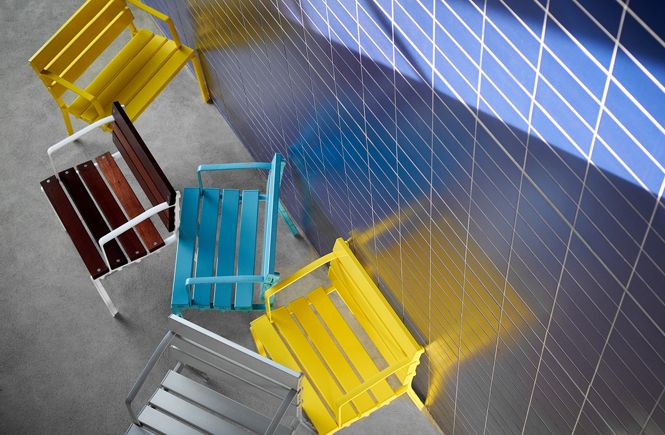According to the experts, the need for security technology is also increasing with the increasing crime rate. Installing protective doors, windows, fencing, and screens is a rational decision in such instances, especially when you are investing highly in a new home. If you live in areas where crimes occur every other day, install the needed security equipment and protect your home, family, and yourself from harmful incidents.
Security Doors
When the security question arises, people focus a lot on the doors, as they are one of the outlets from which the burglar can enter the house. This is why security doors play a significant role in reducing breaking and entering scenarios and guarding you against such harm. The security door’s material can range from wood and glass to steel and aluminium.
With different materials, there are also different styles of security doors. These comprise sliding security doors, bi-fold security door, hinged security doors and many more. Some doors come with triple lock systems, whereas others protect you from kick-breaking and shoulder-slamming entries. See-thru doors allow fresh air to enter your house without compromising on security.




































